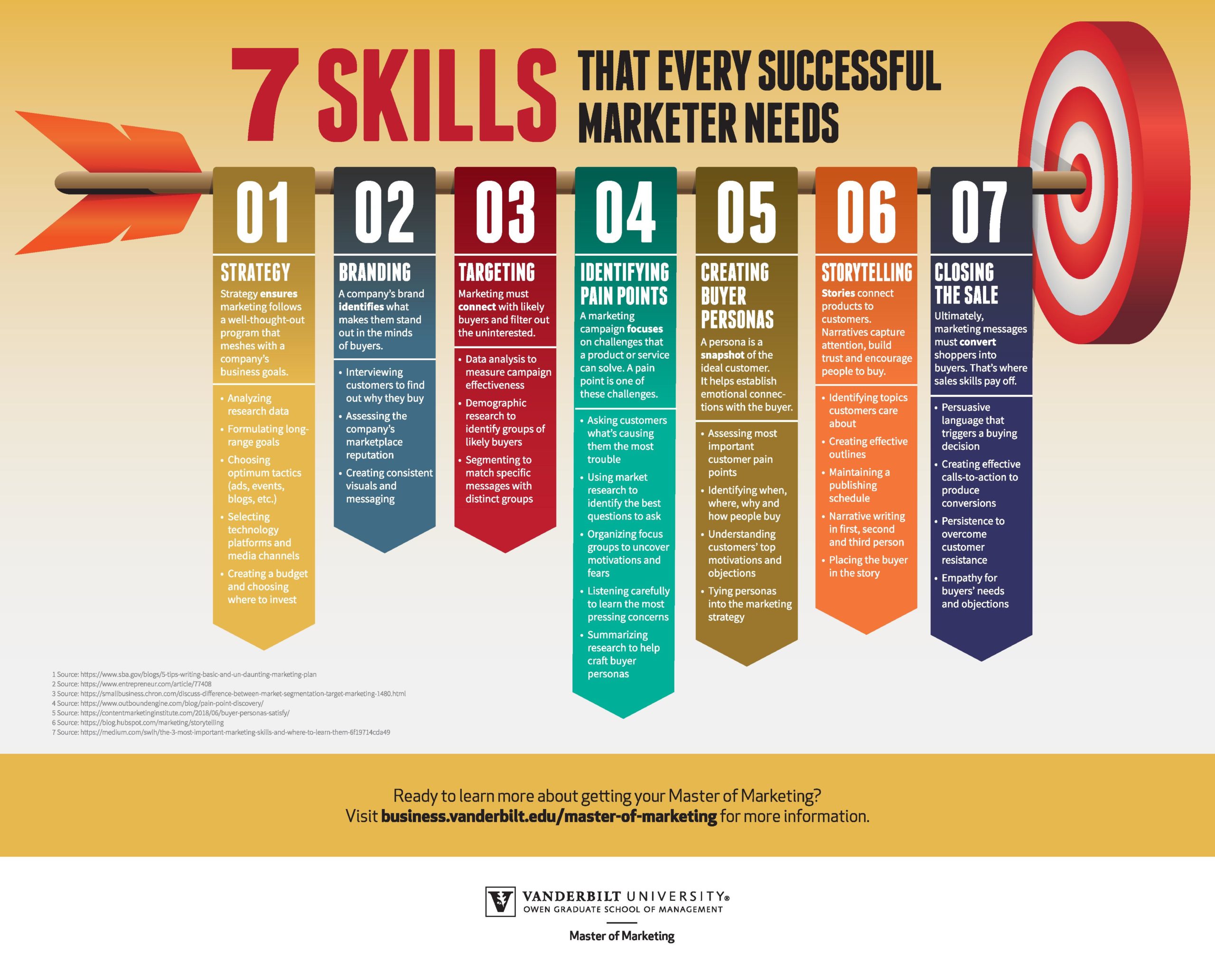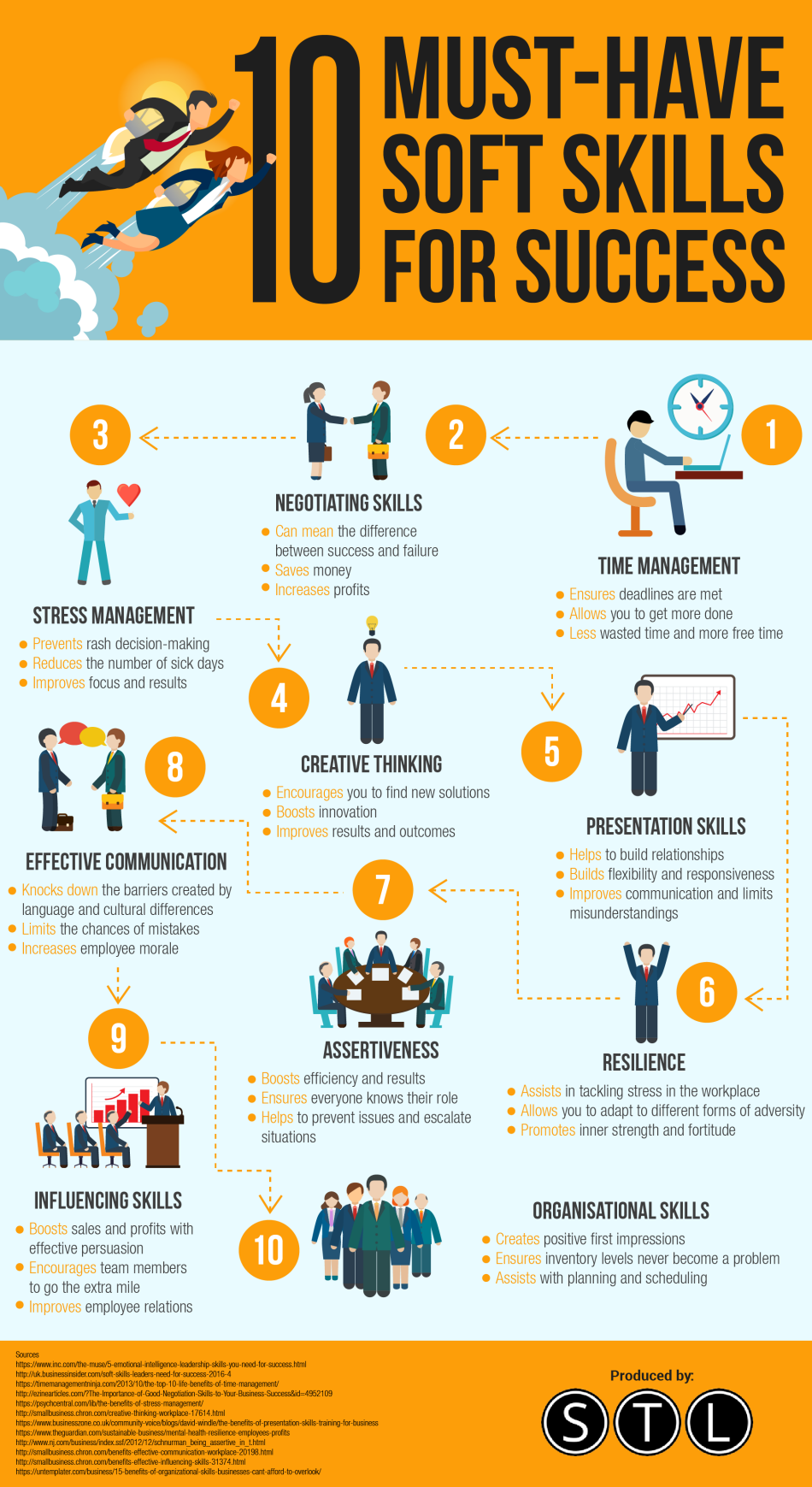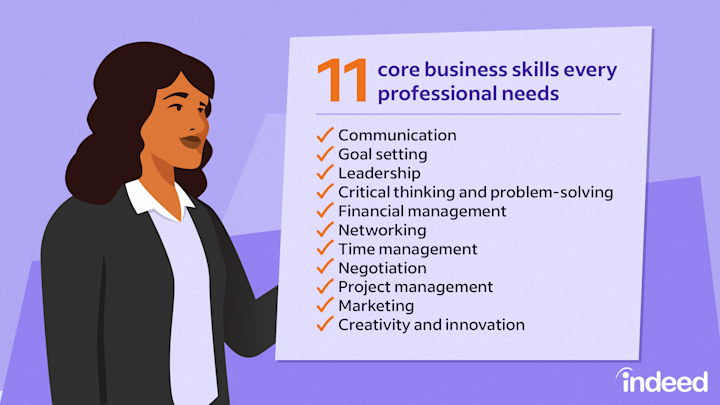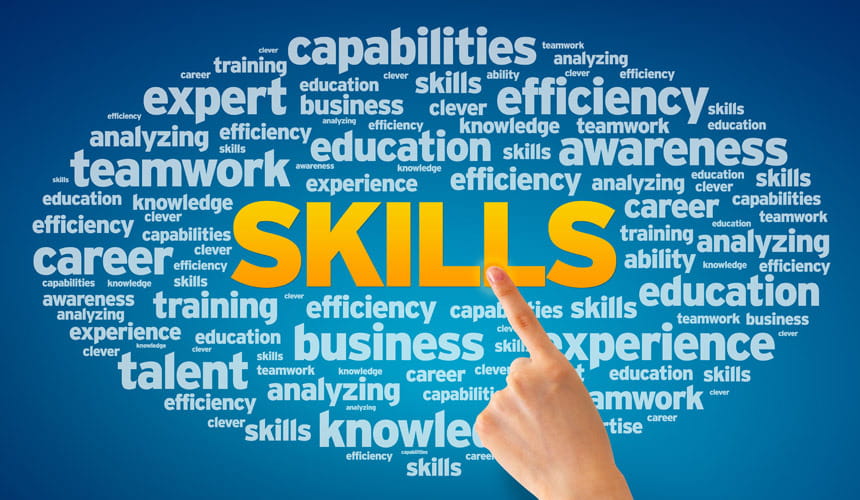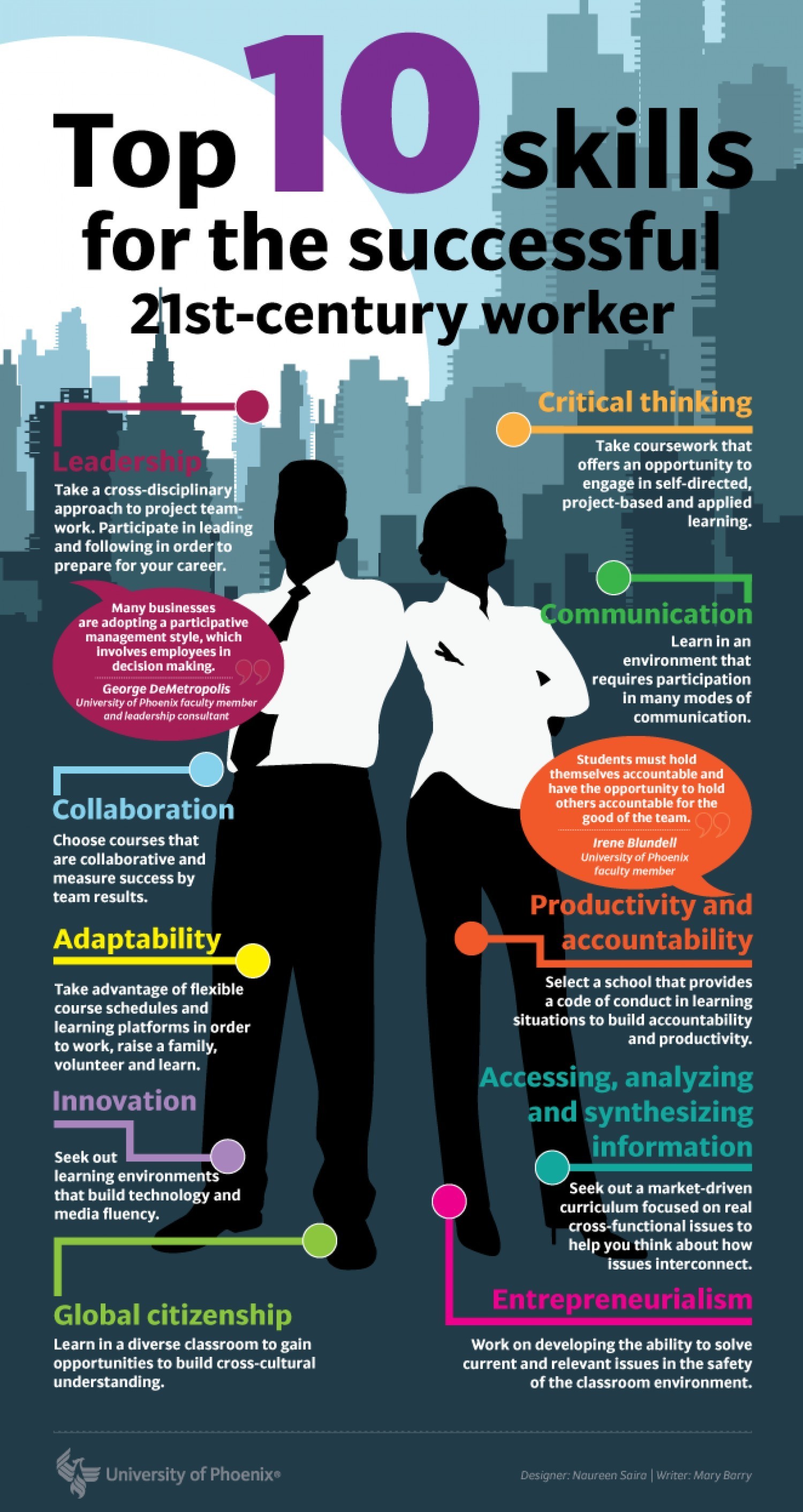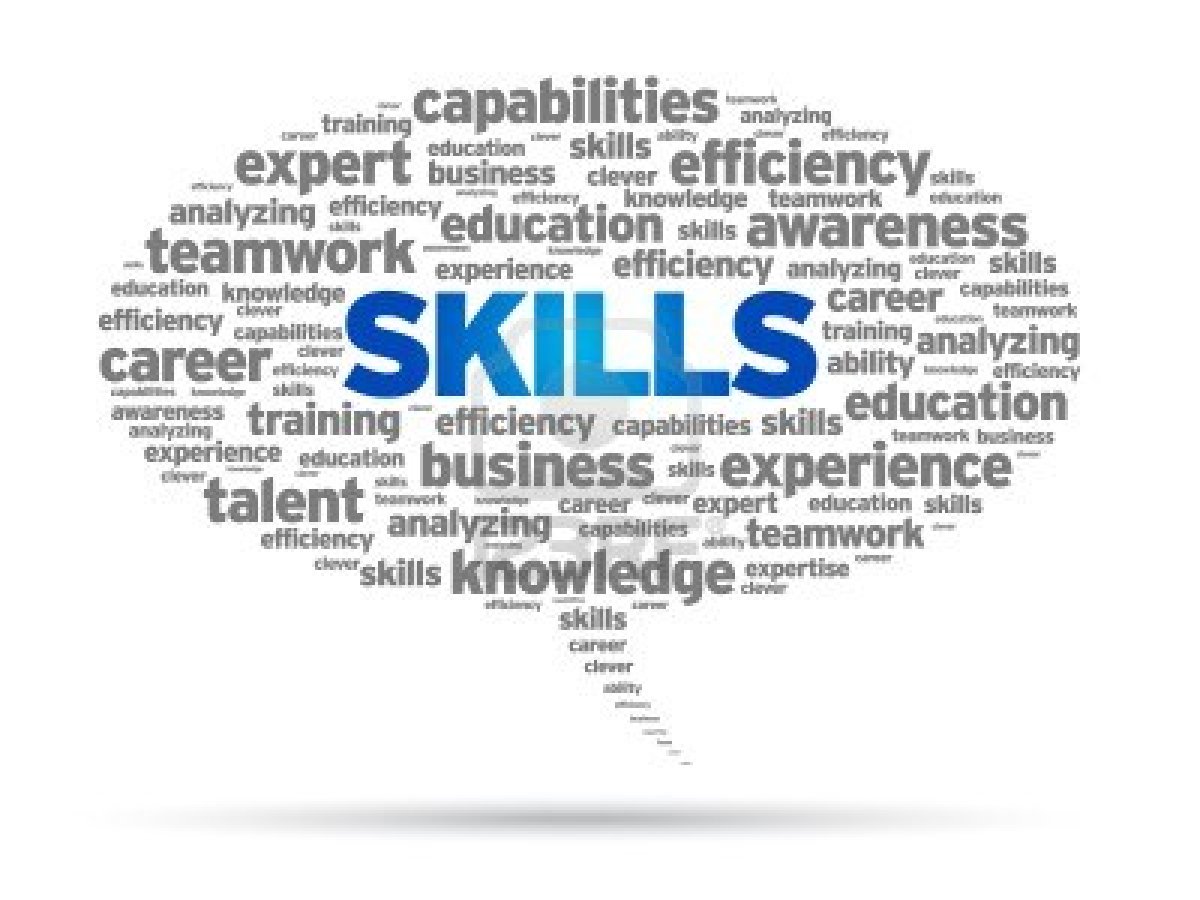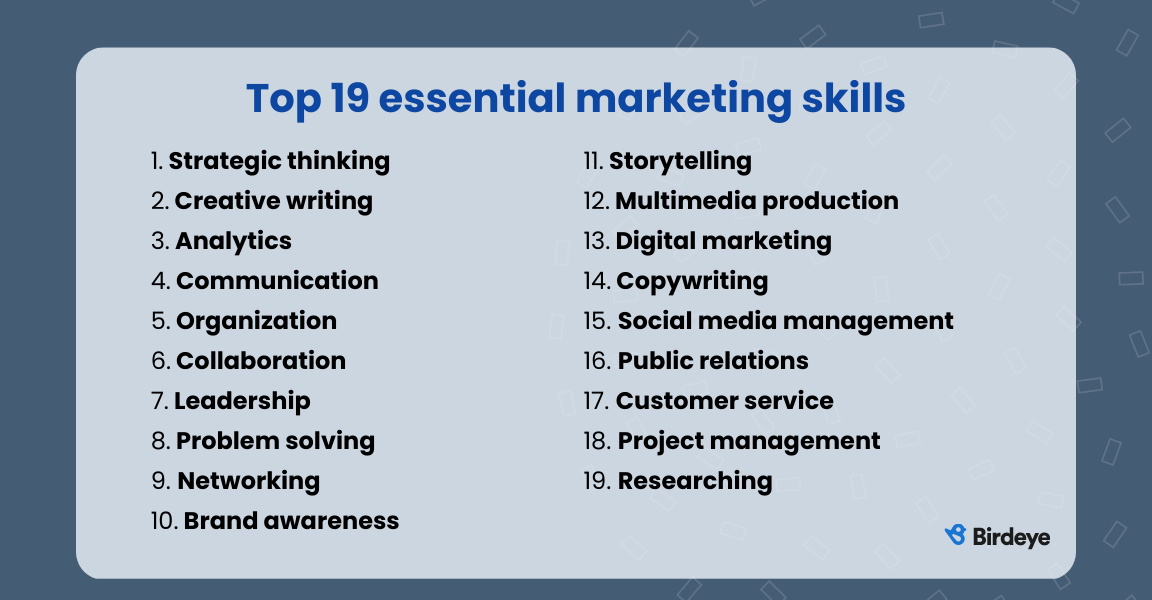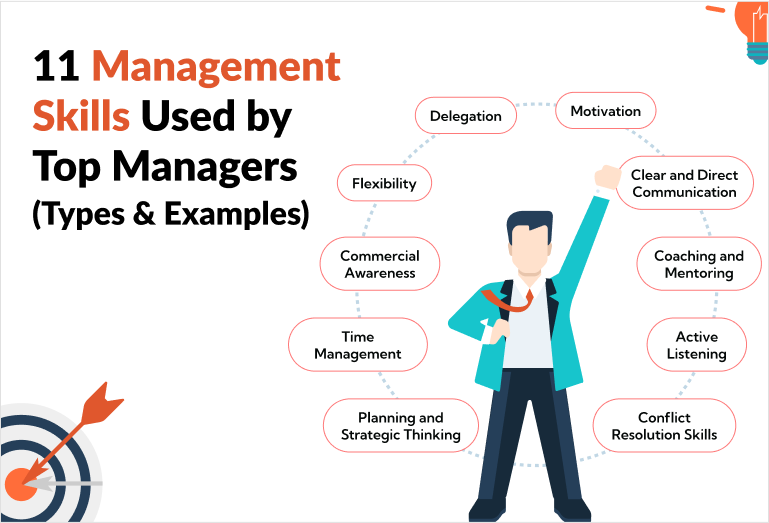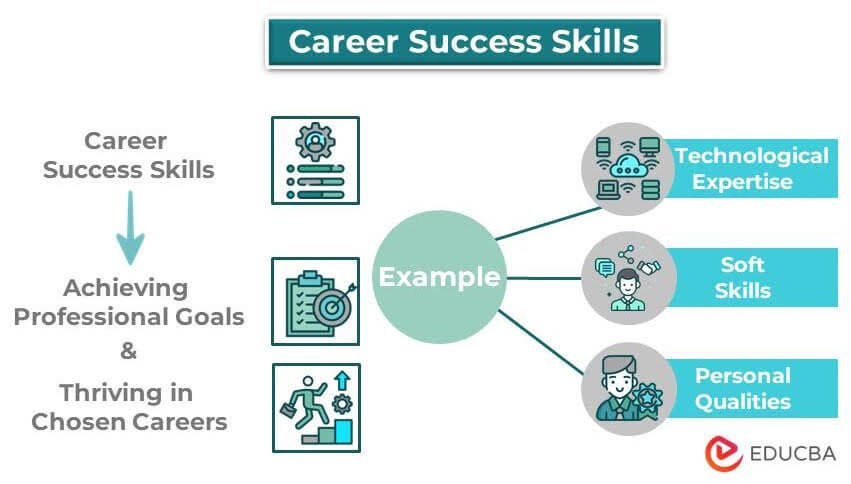Skills Needed For A Successful Business
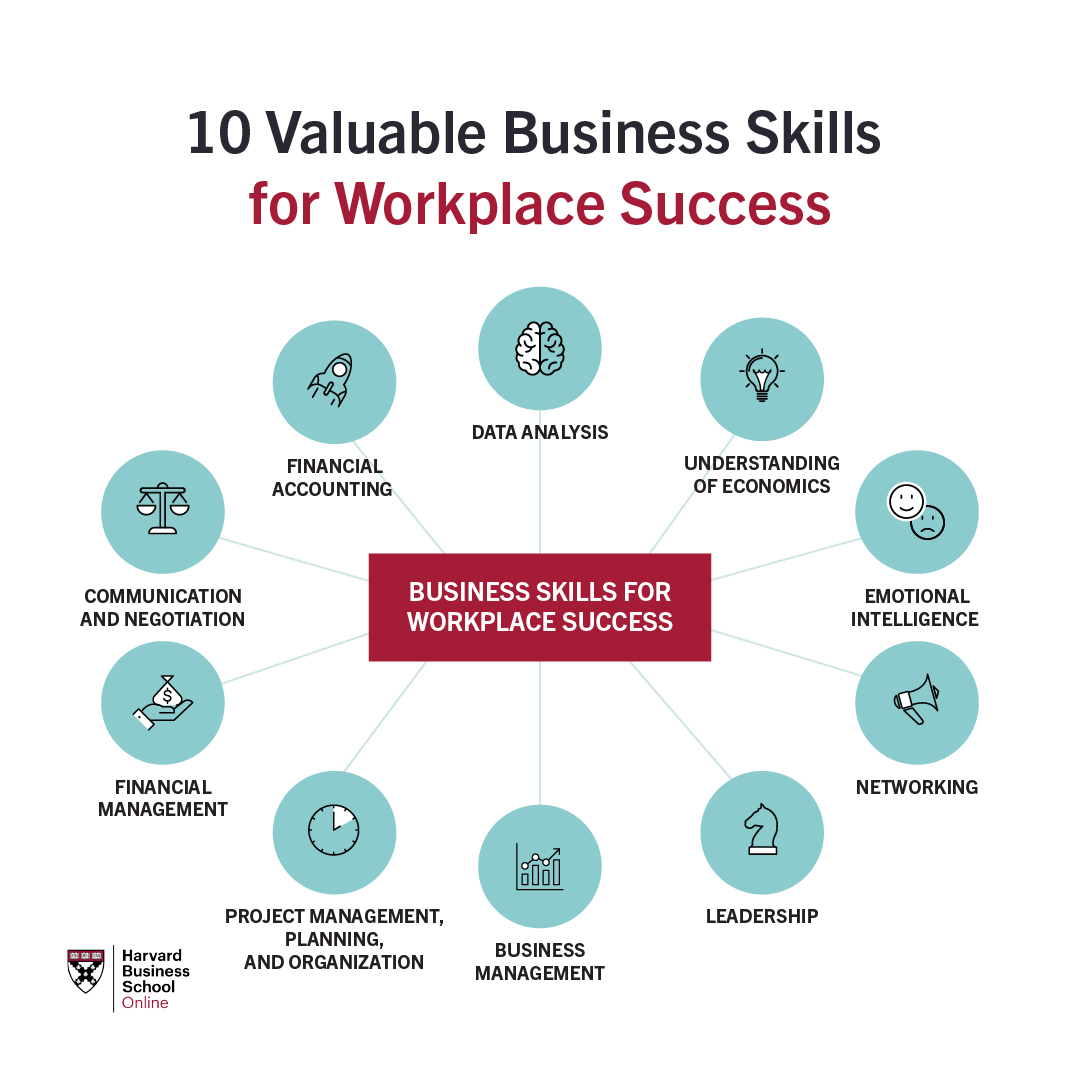
In today's rapidly evolving business landscape, entrepreneurs and professionals alike are facing a growing need to adapt and acquire new skills to ensure success. The traditional skillsets that once guaranteed a stable career are now insufficient in navigating the complexities of a globalized and technologically driven market.
This article explores the essential skills identified by industry experts and leading research institutions, providing insights into what it takes to thrive in the modern business world. Understanding these critical competencies is crucial for individuals aiming to launch successful ventures, climb the corporate ladder, or simply remain competitive in their respective fields.
Technical & Digital Proficiency
Unsurprisingly, technical and digital proficiency are at the forefront of demanded skills. The World Economic Forum's "The Future of Jobs Report 2023" emphasizes the rising importance of skills like data analysis, cloud computing, and cybersecurity. These technical capabilities are not just limited to tech-specific roles; they are becoming increasingly valuable across all departments and industries.
Businesses are relying more on data-driven decision-making, making data literacy a must-have skill. Similarly, understanding cloud-based solutions is essential for streamlined operations and remote work capabilities.
Essential Soft Skills
Beyond technical skills, soft skills remain indispensable. Effective communication, critical thinking, and problem-solving are consistently cited as vital attributes for successful professionals.
"While technical skills are important, they won't get you far without strong soft skills to complement them,"states Dr. Anita Johnson, a leading career consultant at the University of California, Berkeley.
Communication goes beyond just speaking; it includes active listening, clear writing, and the ability to present ideas persuasively. Critical thinking enables individuals to analyze information objectively and make sound judgments. The ability to find solutions to problems quickly is a must have skill.
Leadership & Management Skills
For those aspiring to leadership roles, management skills are non-negotiable. These skills encompass the ability to motivate and inspire teams, delegate tasks effectively, and provide constructive feedback. Emotional intelligence, a critical component of leadership, allows managers to understand and respond to the needs of their team members.
A recent study by Harvard Business Review found that companies with strong leadership development programs consistently outperform their competitors. This highlights the importance of investing in leadership training and development initiatives.
Adaptability & Lifelong Learning
In a world of constant change, adaptability is arguably the most crucial skill of all. The ability to quickly learn new technologies, adjust to changing market conditions, and embrace new ways of working is essential for long-term success.
Lifelong learning is no longer a choice but a necessity. Individuals must proactively seek opportunities to update their skills and knowledge through online courses, workshops, and other professional development activities. Embracing a growth mindset and a willingness to learn from mistakes is essential for continuous improvement.
The impact of these skills extends beyond individual career advancement. A skilled workforce drives economic growth, fosters innovation, and improves overall societal well-being. Governments, educational institutions, and businesses all have a role to play in fostering a culture of skills development.
By investing in education and training programs that focus on these essential skills, societies can empower individuals to thrive in the modern economy and contribute to a more prosperous future. The ability to adapt and acquire new competencies will be key to navigating the challenges and opportunities of the years to come.
